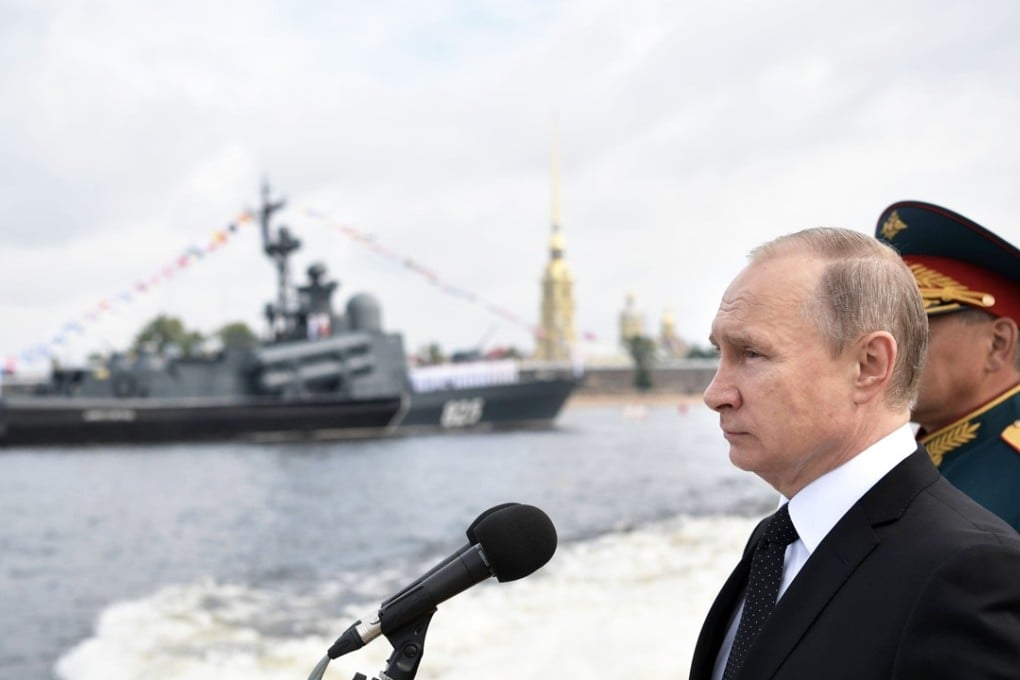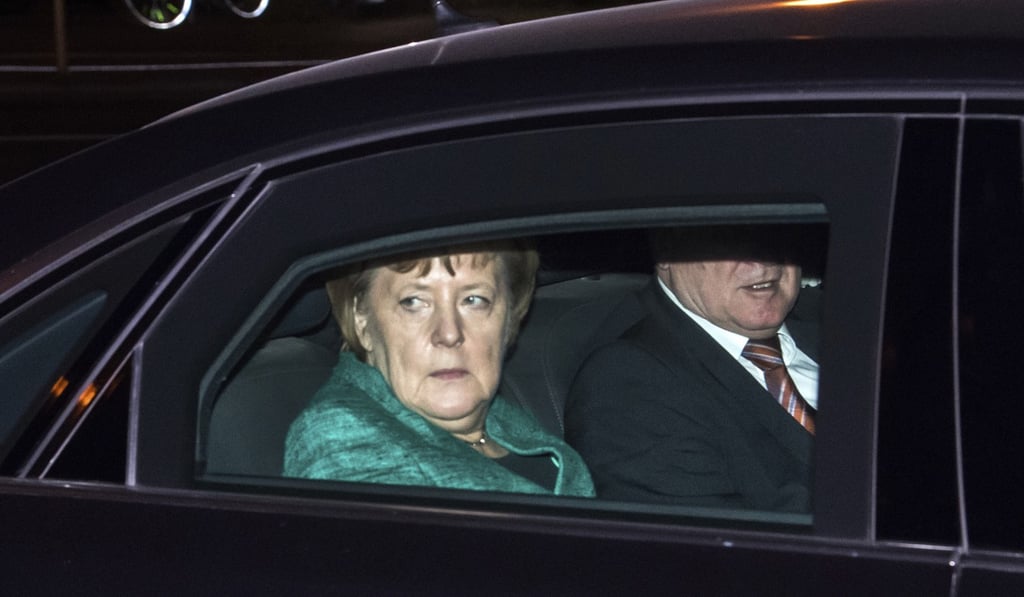Advertisement
Europe needs a real defence strategy to deal with the threats on its doorstep
Maximilian Mayer says Europe, led by Germany, grew complacent about military matters after the cold war and needs to wake up and devise a comprehensive plan to respond to the threats now presented by Russia, Turkey and conflict next door
Reading Time:3 minutes
Why you can trust SCMP

Europe’s, and especially Germany’s, strategic culture has not risen to meet current security challenges. The main threat stems from Europe’s proximity to an escalating major power conflict, partly enabled by the Western programme to democratise the Middle East. Though the EU only hesitantly supported that mission, it is now experiencing major ramifications from it.
Advertisement
Europe is almost defenceless on its southeastern frontiers. Turkey is expanding militarily into Syria and Iraq and strongly influencing religious life in the Balkans, plus the political opinions of the Turkish diaspora in Europe. Russia openly threatens Baltic countries, has massively expanded its navy and air force’s activities through the Baltic Sea, has invaded and partitioned Ukraine and seeks territory and military bases in Syria and possibly Libya. Brussels’ efforts to integrate national defence research and establish embryonic structures for a common EU army make slow progress.
Germany does not have a single operational submarine, its ship-building industry is atrophied ... and its aircraft and tanks are outdated
During the 1990s, politicians made security a non-concern. Governments reduced defence spending below 2 per cent of GDP. Europeans relied on US security assurances, enjoying a huge peace dividend while criticising US unilateralism and militarism. European governments ignored the global spiral of weapons modernisation, cyber warfare and destabilisation of states and societies. Germany does not have a single operational submarine, its ship-building industry is atrophied, its air force pilots have to train with private helicopters and its aircraft and tanks are outdated or under repair. This circumstance is not an outlier within Europe, and Brexit makes the EU completely reliant on France’s nuclear forces of deterrence.
Although European leaders have started re-evaluating defence policies and their underlying principles, the lack of meaningful hard power remains unacknowledged. Especially in Germany, elites and the populace celebrate naive pacifism. Many routinely outright deny the principles of territorial states.

A severely weakened ‘Mutti’ is the last thing Europe needs right now
This corresponds with a biased continental academic landscape. As constructivist, critical and institutionalist schools dominate European international relations scholarship, traditional security strategists and realist scholars are almost non-existent. Only the lack of a vital strategic world view can explain how Brussels remains in a state of denial vis-à-vis Vladimir Putin’s threat perceptions. The EU needs to acknowledge that its economic and security offers to the Ukrainian government were partly responsible for inducing the crisis in Ukraine.
Advertisement

Advertisement